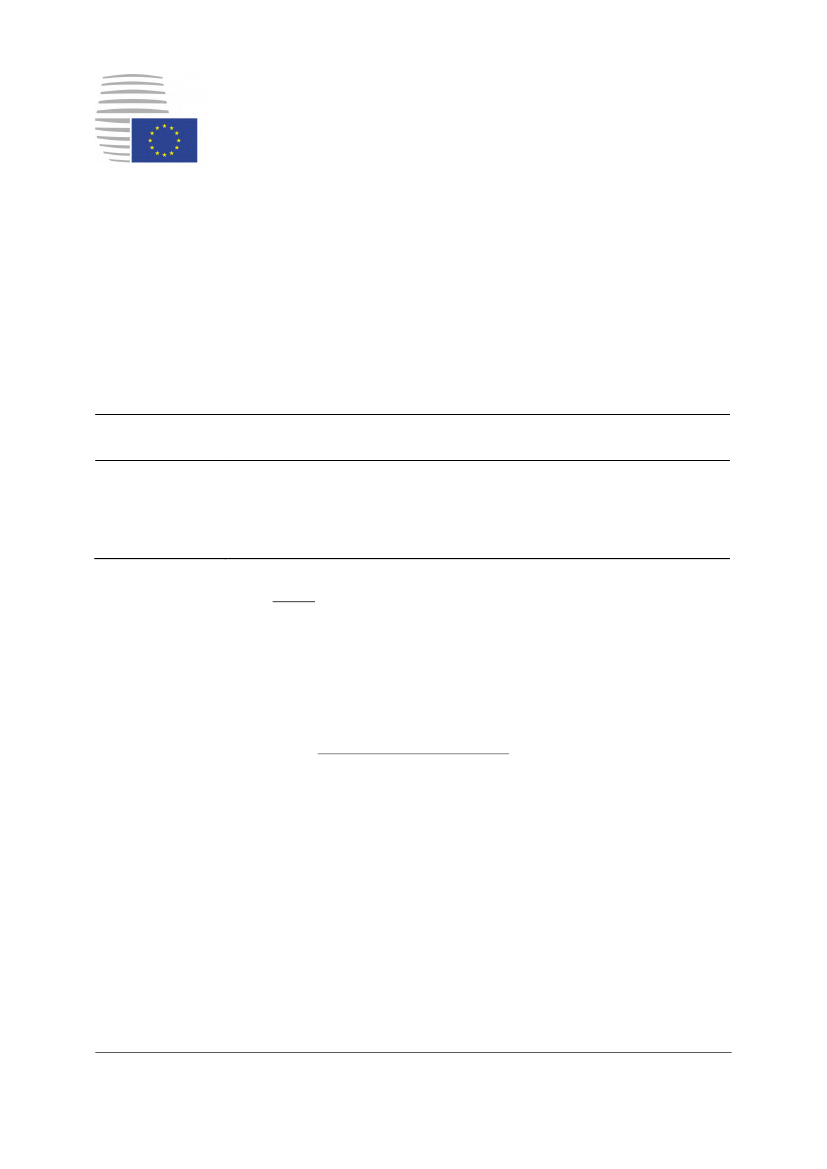
Council of the
European Union
Brussels, 13 September 2023
(OR. en)
12926/23
AGRI 509
FOOD 66
PECHE 349
VETER 84
NOTE
From:
To:
Subject:
General Secretariat of the Council
Delegations
Simplification and better regulation in EU Common Policies on food,
agriculture and fisheries
- Information from the Danish delegation, on behalf of the Bulgarian,
Czech, Danish, Estonian, Finnish, Hungarian, Latvian, Lithuanian,
Netherlands, Portuguese, Slovak and Swedish delegations
Delegations will find in the Annex a note from the Danish delegation, on behalf of the Bulgarian,
Czech, Danish, Estonian, Finnish, Hungarian, Latvian, Lithuanian, Netherlands, Portuguese, Slovak
and Swedish delegations, on the above mentioned subject to be dealt with under "Any other
business" at the Council meeting (Agriculture and Fisheries) on 18 September 2023.
12926/23
LIFE
dd
1
EN